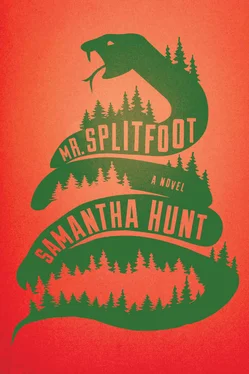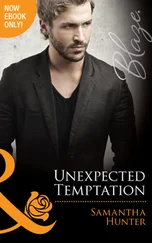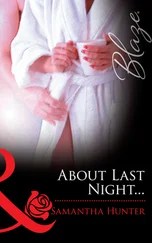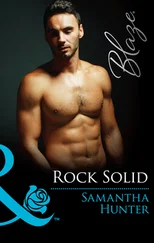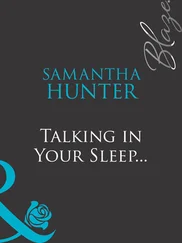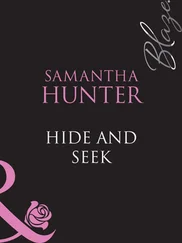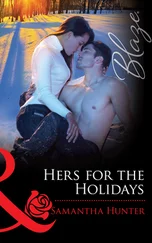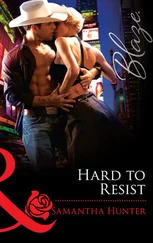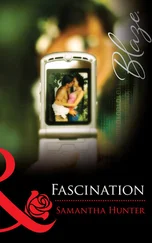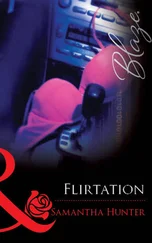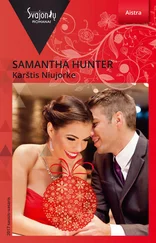Ruth never knew her mom, but when she was young, her sister, Eleanor, lived at Love of Christ! El was like a mom. She petted Ruth at night, told Ruth she was beautiful despite the messed-up scar on her face. “When you were a baby,” El said, “you used to point at birds.” Then Eleanor turned eighteen.
“Real sorry.” The Father woke them with a fist on the door. “Time to go.” El jumped up. Ruth froze cold. She was only five. El stalled her departure in the driveway, but Ruth didn’t appear. “Bye,” El spoke to the house. No sign of Ruth. No blood vow to find one another once El got settled. It would be a long time before El would be able to come for her, if El, an unemployed eighteen-year-old, would ever be able to come for her five-year-old sister. Ruth breathed into the window upstairs, looked down on the driveway scene, a surgery in some anatomy theater removing the only familiar thing she’d ever known. El was leaving in the truck. Ruth had no idea where it would take her. A bus station? The YWCA? Some mall parking lot in the capital with eighty bucks and a crucifix from the Father in her bag? Ruth pushed harder into the pane. A black thread, lashed around the chrome bumper, yanked an organ from Ruth’s chest, dragged it in the dirt behind the Father’s truck like a couple of gory beer cans.
Ruth said nothing for two weeks. No one noticed. Eventually the State brought the Father a replacement, a boy named Nat who’d had trouble with matches and kerosene.
The Word became flesh and lived among them. The Word became flesh and lived among them. “You can be my sister now,” Ruth told him. That was the Word.
Nat was also five, small enough to stuff inside the tall white garbage bag of clothes he carried. “All right,” he agreed. “Sisters.” Nat moved into the room Ruth had shared with El — didn’t even change the sheets. One twin bed. They slept foot to face. Two heads on one body, joined like a knave card. Sisters.
Ruth grew. Nat grew. The bed stayed small. Her hair got longer. His beauty sharpened like a vampire’s, and while the Father was distracted by meditations on his messiah-hood, fantasizing his interview with Rolling Stone magazine and Oprah, some dewy bridge, a bundled corpus callosum, metastasized between the person of Nat and the person of Ruth. Their intimacy was obscene. The Father tried to separate them. It was ungodly, he said, the way Nat and Ruth clung to one another, shared a toothbrush. But Nat didn’t want to be separated. He drafted a report, accounts of drunken nights, corporal punishment, food shortages, and the possibility that state funds might have been used kitting out a black-and-orange monster truck the Father calls the Holy Roller. Nat showed his report to the Father. The Father never tried to split them up again.
Nat’s T-shirt DIESEL FUMES MAKE ME HORNY defies the dress code. His pants are slung under his pelvis bones. A channel of dark hair points toward his fly because at seventeen — save in the eyes of the State — Nat and Ruth aren’t really children anymore.
She curls her spine over bent legs. She holds the folds of her belly. On all fours, Nat rests his head in her lap. “All we need is a room somewhere. We can fix it up.” He plays the part of the man.
“And a pair of jeans for me,” Ruth says, playing the part of the woman.
“We’ll see.” Being a man is scary.
“Children! Come unload the van,” the Mother calls from the bottom of the stairs. The Mother is a part-time parishioner, part-time wife, part-time drug addict. She’s most visible in the residue she leaves after preparing midnight snacks or sneaking a shower. Her infrequent appearances allow the children to believe there is something holy about her, though she looks like the singer in a hair metal cocaine band. Purple velvet pants, high black boots. She’s got a homemade permanent wave, and her face is soft, as if termites have had their way with the undercarriage.
“Supplies! Children!”
When the Mother’s around and right in the head, she cares for some of the home’s daily needs: shopping, cooking, math, science, the mission’s tax-free status, state inspections, and a Christmas light display so involved, planning begins in mid-August. She does not follow the Father’s partiality for olden times.
“Children! Supplies!” Or, for those who don’t cotton to an approaching Armageddon, groceries.
Nat and Ruth join the ranks outside. The Love of Christ! children are a rainbow of deformities.
Roberta, eleven, and her weird tiny body. She has an old face on a kid’s body. She raises stray kittens in the barn, relying on coyotes to cull her pack.
Tonya, sixteen, sold pencils and blowjobs when she lived in Worcester, Massachusetts, with her aunt. She compares the honeyed days of Worcester to “living on Capri,” the Tyrrhenian Sea island she once glimpsed as a photo in an Italian restaurant downtown on Ida Street.
Colly, fifteen, brown as a mummy, is a boy who thinks he’s a girl.
Vladimir, fifteen, the albino is Colly’s bunkmate. He once described to Ruth the pleasures of masturbating in a jar of mayonnaise. She’s not touched the condiment since.
Shauna, twelve, and Lisa, thirteen, are actual sisters. Their mother, another addict, sold them to their uncle when they were nine and ten. He turned them out and made a pretty penny until Shauna was picked up by the cops. They speak in their own language, spare and coded.
Raffaella, ten, has claw hands from arthritis.
Sarge, sixteen. Her real name is Sarah. She was a gutter punk who arrived at Love of Christ! with dark insects skittering beneath the skin of her forearms. In the race to be the most messed up, competition is steep between Sarge and
Tika, fifteen, a big girl who jig-tattooed the word “fuck” across her cheek and spelled it wrong, and
Ceph, seventeen, whose body seems broad as Niagara and disturbs thinking in the same way. He resembles a scoop of lard. Ceph is angry enough to deform DNA.
Then there’s Nat, seventeen.
Then there’s Ruth, seventeen, and her wormy mess of a scar.
The Father requests damaged wards, parents who are dead, retarded, in jail, all of the above. The more desperate the case, the more money the State gives him. “Got any ugly ones?” The Father doesn’t want reunions or adoptions. He doesn’t even want scheduled visitations. He wants converts. He wants Jesus Warriors, foster kids for indoctrination, labor, and money to fund his mission.
Still it is not all bad at Love of Christ! The Father takes each child’s face in his hands and reminds him or her, “You are the light of the world. You are the light.” Most of these children have never heard that before.
Still, the adjustment’s not smooth. New arrivals carve filthy words into their dry skin, aching for their absent mothers.
“You know who my mom is?” Colly asks one night. Four boys, two bunk beds. “Barbra Streisand. ‘People,’” Colly sings. “‘People who need people.’”
Ceph doesn’t get the joke. Ceph doesn’t know how white Barbra is.
Vladimir on the bunk below calls Ceph a dumbass, so Ceph pins Vladimir to the bed, strikes a lighter, and sets his hair on fire. The room fills with a sticky stench, caramelized and runny. Colly throws a blanket over both boys. Vladimir with scorched hair says nothing. No one tells the Father because the Father fetishizes obedience, developing creative punishments when he should be sleeping. He withholds food until a child becomes docile. He locks children in the downstairs bathroom. He strikes the soles of their feet with a wooden dowel or sprays a child with a frigid garden hose, then screams at the child to cover his or her immodest, naked body. He issues shunnings, forbidding anyone in the house from speaking to a particularly willful child. The Father practices holding therapy, which sounds tender but entails sitting on a child, pinning the arms and legs to humble and break the will.
Читать дальше
